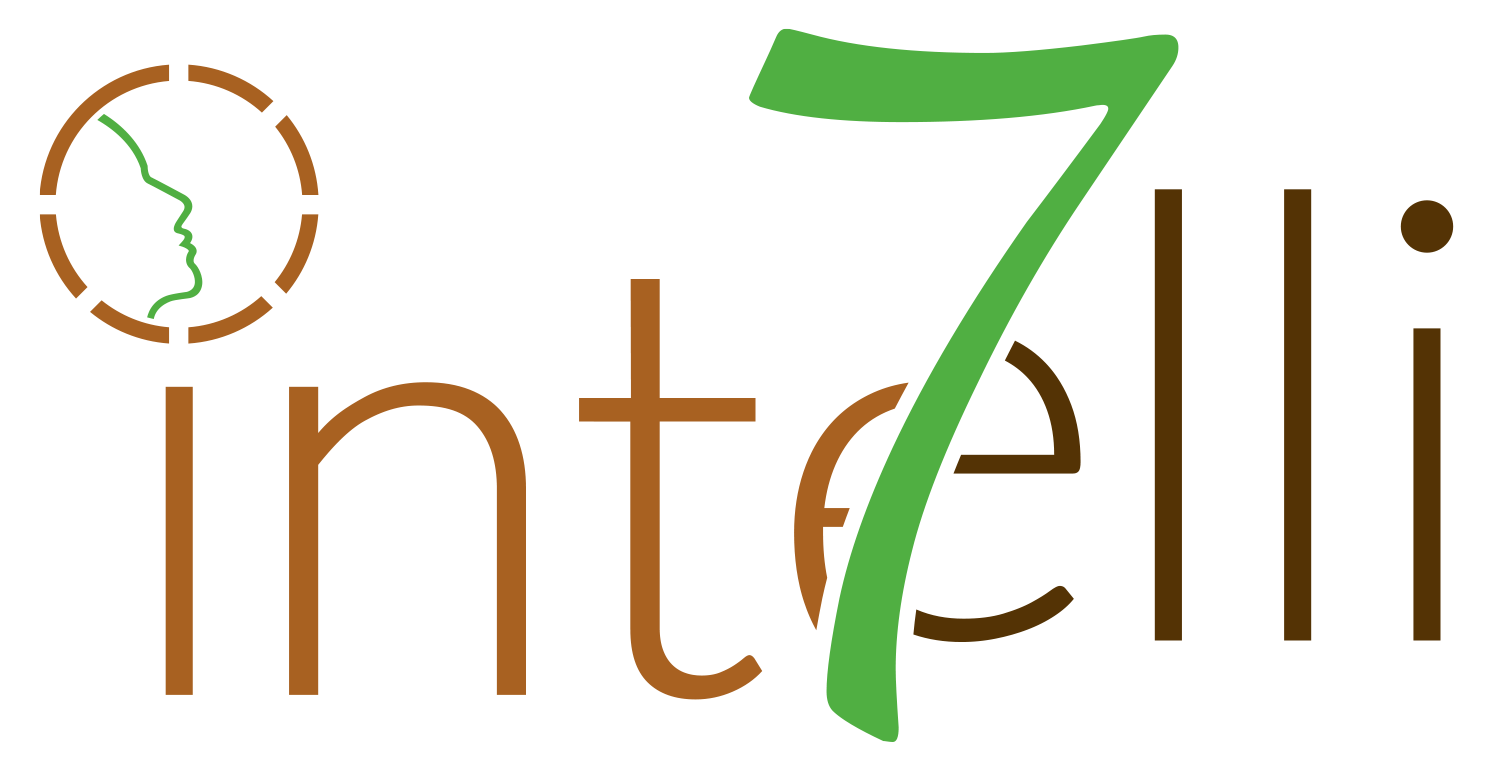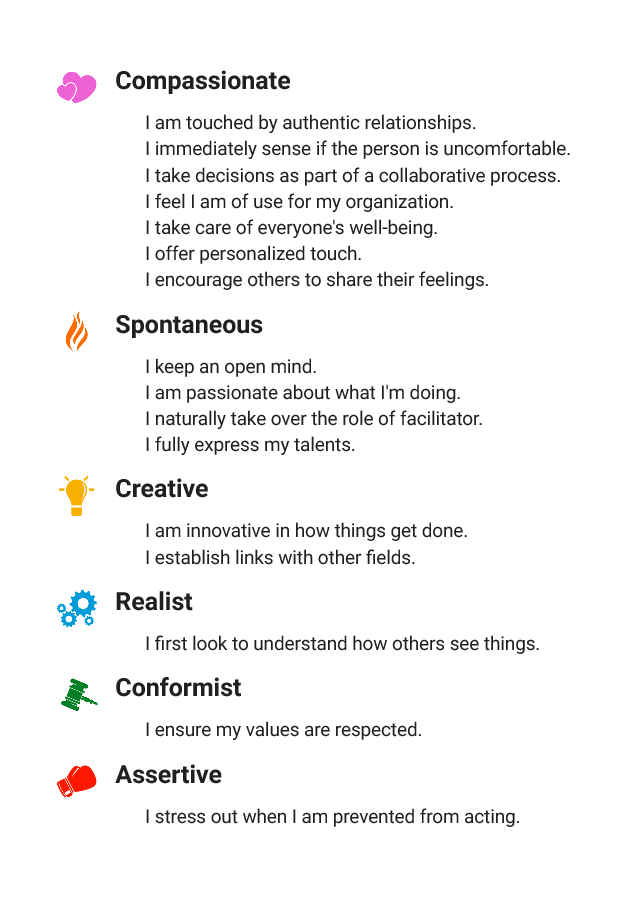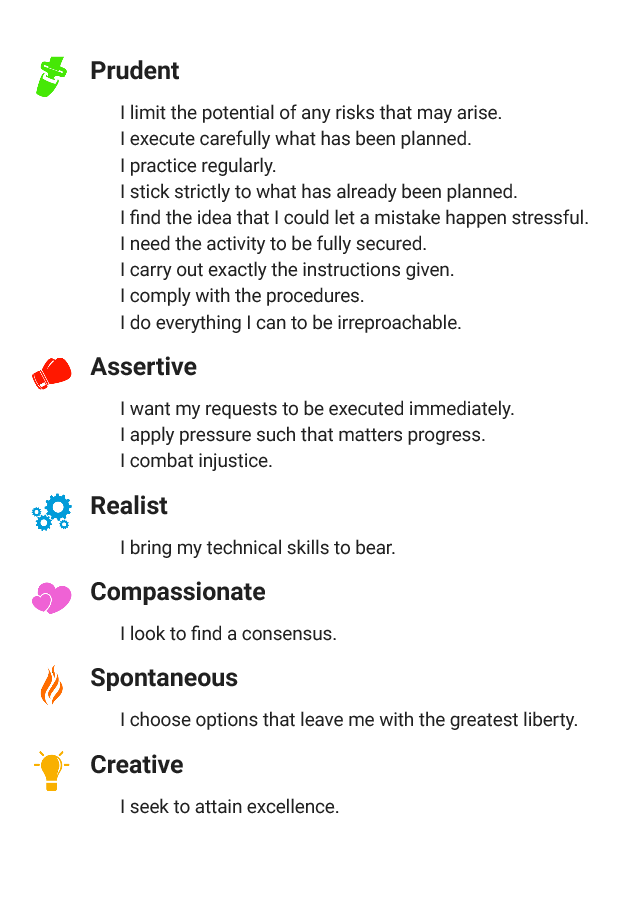
Leadership and Collective Intelligence.
Accompanying the human
In 2016: discovery of Intelli7 during the Vision 2021 Summer University, Collective Intelligence.
Among the many tools I used to gain insight into myself, my impact and the emotional and social life of my team, this one seemed to me to bring new elements: it offers the possibility of evolving one's behavioral practices, and avoiding becoming locked into one's habits, when faced with a delicate situation.
Today, we have integrated Intelli7 into the Leadership EMBA, IMBA and Diriger une Activité courses aimed at Executive, Dirigeants, Chefs d'entreprise audiences.
Two professional improvement objectives guided our decision:
- enable you to refine the way you enter a subject by adapting your management style, your leadership style to make your operation more adapted, more flexible, more effective and intelligent,
- enable you to work in harmony with your team, your peers, and thus contribute consciously to a richer, more cooperative and constructive team life.
During the training courses, the questionnaire taken before and at the end of the course enables us to objectivize the transformation of each individual and the evolution of his or her posture, based on new behavioral know-how.
Bluffed, Reassured are the words that come back very often with a new inner security that has been strengthened.
In a complex world, with many uncertainties, the trust created and reinforced is necessary to generate team strength, and stay the course.
Intelli7 worked within a CODIR or a management team offers the simplicity of its use, of its understanding to better cooperate.
It enables us to take a step back from our managerial positions, and to get out of tensions once we've admitted that everyone is working with their strengths (and sometimes awkwardly), within the resources of the model. The choice to try out other behaviors opens up a facility for action while respecting each other.
The multiplicity of possible information, in particular: decision, stress, enables certain themes to be explored in greater depth.
Thus, the creation of a crisis management standard enabled us to help everyone manage themselves better during the COVID.
 My references:
My references:
In business, team and leader alike gain maturity and serenity, with a smile.













